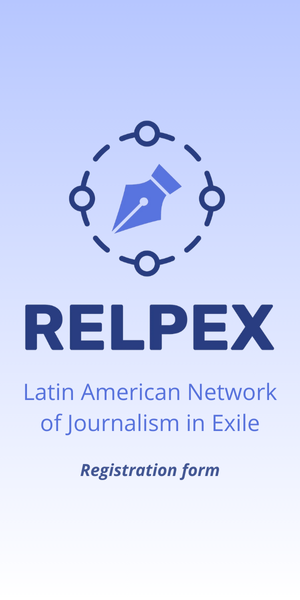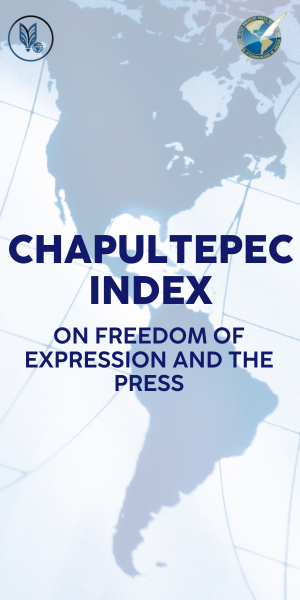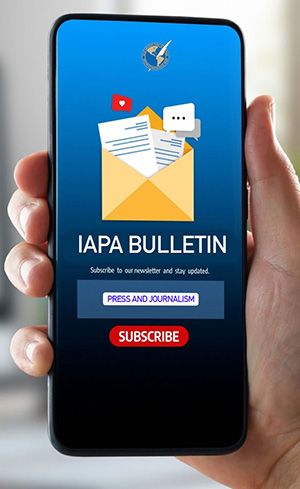Miami (August 19, 2021).- The Inter American Press Association (IAPA) condemned the new thrust against freedom of expression in Cuba after the approval of Decree-Law 35, which deepens the control and restrictions on the use of the Internet and social media in the country. The Cuban regime took these measures in response to the social protests that began on July 11.
Decree-Law 35/2021 "On Telecommunications, Information and Communication Technologies and the use of the Radio electric Spectrum," in force since August 18, establishes 17 "cybersecurity" crimes. Calling for demonstrations is considered a crime of "cyberterrorism," and the publication of inflammatory information could be classified as a hazardous incident.
Jorge Canahuati, president of the IAPA and executive president of Grupo Opsa, from Honduras, condemned "the new thrust against freedom of expression, through a decree with ambiguous language that imposes greater limits on social networks." He stressed that "these have been It has become the main means that citizens use to disseminate and consume information."
"The approval of this new provision is the desperate reaction of a controlling and cornered regime," said Carlos Jornet, president of the Committee on Freedom of the Press and Information and director of the Argentine newspaper La Voz del Interior. He added, "In Cuba, there are already laws and decrees used to punish journalists, activists, citizens, and any critical position against the official one."
The intimidation against the population and independent journalists for using the Internet is not new in Cuba. In its semiannual reports, the IAPA has pointed to the state monopoly of the Cuban Telecommunications Company (ETECSA, in Spanish) as the executing arm of restrictive policies for internet and telephony services.
The Chapultepec 2020 Index, a measurement tool of the IAPA based on its Declaration of Salta on freedom of expression in the digital ecosystem, places Cuba, Nicaragua, and Venezuela among the countries whose governments censor the digital space through blockades, hacks, and threat of criminal penalties.
IAPA is a non-profit organization dedicated to defending and promoting freedom of the press and expression in the Americas. It has more than 1,300 publications from the western hemisphere; and is based in Miami, Florida, United States.





